Inside “The Jeffrey Dahmer Files”
Director Chris Thompson focuses on the people surrounding the crimes in "The Jeffrey Dahmer Files." TCD takes a closer look at the Cream City Cinema standout.
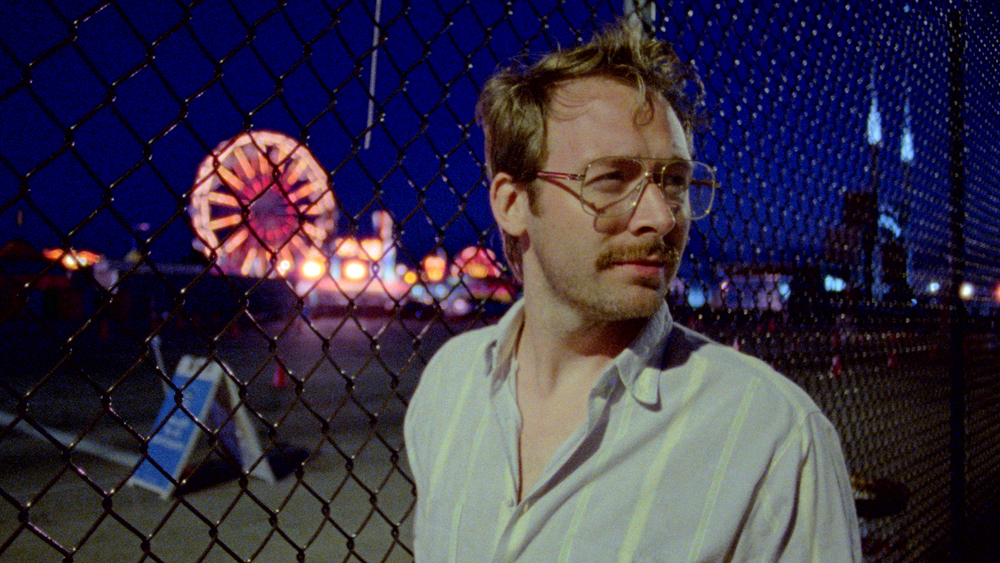
Telling the story of those around Jeffrey Dahmer. A film by Chris James Thompson. Photo: Michael Kubaszak
On July 22, 1991, the world was introduced to one of America’s most notorious serial killers, and the city of Milwaukee was shaken to its core. Since that day, when Jeffrey Dahmer was arrested at his home in the Oxford Apartments at 924 N. 25th St., there have been countless stories sensationalizing his crimes.
“There was only a small fragment of information from people around him or other people involved in the story,” Thompson said. “I wanted to let them open up, because it seemed like there wasn’t anything out there that told their side of the story, and how it affected them and the city.”
Four long years in the making, Thompson’s vision was finally realized in his film, The Jeffrey Dahmer Files. The film combines archival footage, fictional re-enactments and interviews with three people who are now forever linked to crimes of Jeffrey Dahmer—Dr. Jeffrey Jentzen, the medical examiner assigned to the case, lead detective Dr. Pat Kennedy, and Dahmer’s next door neighbor, Pamela Bass.
Chris James Thompson, a University of Wisconsin-Milwaukee Film School graduate, won the Best Midwest Director Award for his short film, Kyoko Naturally, at the Milwaukee International Film Festival in 2007. As a reward, he was given film and a camera to use over the next year, but at the time, wasn’t sure what he wanted to film. This was until local filmmaker and Modus Operandi director Frankie Latina suggested Thompson make an exploitation film about Jeffrey Dahmer.
“I thought it was a terrible idea,” Thompson said. “But [Latina] kept bringing me books, articles, newspaper clippings and DVDs–anything he could find about Dahmer.”
Thompson skimmed through the material, he said, but it was always the same sensational information detailing the crimes. This is when he noticed there was one side of the story that hadn’t really been told—the story of the people surrounding the crimes.
So after months of hesitation, Thompson was ready to film his first feature-length. At Latina’s suggestion, Thompson recruited another local writer and filmmaker, Andrew Swant, to play Dahmer and co-write the script. Swant was initially wary of participating, but after meeting Thompson, he joined in.
“I’d seen one of Chris’s films called Kyoko Naturally and knew he was a good and considerate filmmaker,” Swant said. “I met up with him, and it turned out we were on the same page about the project. We were both tentative about the subject matter, but it felt like there were interesting aspects of the story that had never been told.”
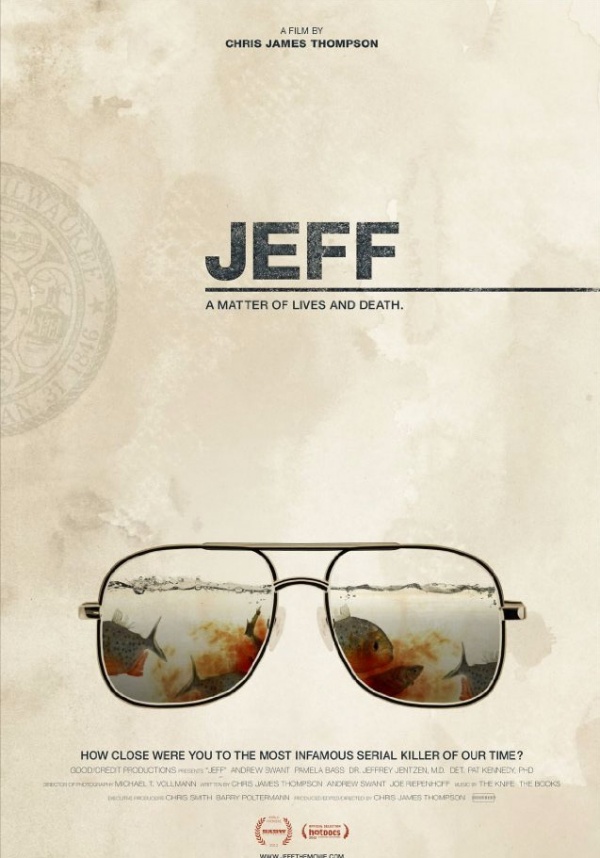 With Swant on board, they began filming the fictional re-enactments, Thompson said. Swant’s portrayal of Dahmer takes a quiet, subdued approach with eerily fantastic results that The Hollywood Reporter described as “chillingly effective.”
With Swant on board, they began filming the fictional re-enactments, Thompson said. Swant’s portrayal of Dahmer takes a quiet, subdued approach with eerily fantastic results that The Hollywood Reporter described as “chillingly effective.”
“I read everything I could about him, especially any accounts from friends and neighbors,” Swant said. “The two things that kept coming up again and again were that he seemed like a nice guy and that he had a huge problem with alcohol. So I tried to play him like a kind of normal guy who was slightly zombified.”
Filming with Swant resulted in a two-hour cut, and while Thompson was excited with what he had, it was still missing something. They brainstormed on how to make the film more dynamic, and in a way, had to develop the story by learning more about it themselves. This is when they decided to include some of the people who actually lived through the gruesome saga.
He began with Dr. Jeffrey Jentzen, the medical examiner on the case. Thompson emailed Jentzen after reading one of his articles, but received a vague response from Jentzen of “I’ll think about it.” To show his dedication, Thompson began to purchase tickets to lectures given by Jentzen, and after six months of trying to convince him to participate, Jentzen finally agreed.
Thompson understood the reluctance, he said, because over the past twenty years these people had been approached countless times by big media outlets looking for answers to questions that those involved, like Jentzen, didn’t want to give.
“I told him I was interested in what it was like for him,” Thompson said. “I asked, how did it make your job more difficult? Was it difficult to go home to your family after dealing with this stuff?”
Jentzen agreed to the interview and described how the experience was for him—his feelings about dealing with autopsies and not understanding the exploitative appeal many have to situations like the Dahmer case. The film was heading in the right direction, but Thompson wanted to talk to more people who were part of the bigger picture. Jentzen recommended he talk to Pat Kennedy, the lead interrogator in the Dahmer case, who is now a retired police detective .
Thompson said another six months went by trying to convince Kennedy to participate. Similar to Jentzen, Kennedy eventually obliged and was interviewed for the film.
Dr. Kennedy retired from the police department in 2001 after twenty years on the force. Around this time, he sat down and wrote down his experiences with the Dahmer case from start to finish. What he wrote was brought up after meeting with Thompson, and is now in the process of being made into a book. With the exception of talking to a psychiatrist once a week during the case, Kennedy said he never really talked it through with anyone until Thompson approached him.
In his interviews, Kennedy recalled in vivid details his experience with the case as if it had just happened yesterday. Although it never seems like Kennedy loses sleep over the events, they had changed his life too.
After quitting the force, he went back to school to earn his PhD so he could teach future police officers a different approach than what he was taught. His occupation change was influenced by the incident involving Dahmer and 14-year-old Konerak Sinthasomphone that occurred on May 27, 1991. Sinthasomphone was let back into Dahmer’s custody by police officers who arrived outside Dahmer’s apartment complex after receiving complaints from worried neighbors of an intoxicated young man wandering outside the apartment. Sinthasomphone was killed by Dahmer later that evening.
“I try to teach more of a community-oriented police force,” Kennedy said. “If the police would have known anyone in that neighborhood they would have listened to them, but because they didn’t know anybody, they did what they were trained. They listened to the guy that looked like them, talked like them, and that doesn’t work with police in America.”
After interviewing Jentzen and Kennedy, Thompson realized the film was getting better, but was still missing something.
Kennedy now teaches police science at the University of Wisconsin-Milwaukee, and it was there that he reunited with Dahmer’s neighbor, Pamela Bass, who took one of his classes. Kennedy recommended that Thompson talk to Bass as well.
Bass, like the others, was reserved in her participation on stories about Dahmer, but once Thompson approached her with this new angle she was ready to talk.
“Finally somebody is going to do my story,” she said. “Nobody asked me anything about that before. They all wanted to know about Dahmer, and then Chris asked me how I felt about some of the stuff that happened and what it’s done to my life.”
While she shared similarities with Jentzen and Kennedy in that they were all somehow involved with Dahmer, Bass’ story was much different. She wasn’t performing a job, she was a neighbor and thus was portrayed much differently in the media.
She said many people resented her and other neighbors because of how they were portrayed as people just trying to get on TV, or trying to make some kind of financial gain from the tragedy by selling Dahmer’s belongings or charging for impromptu tours. But she said that there’s another side to the story as well.
“I felt very betrayed by Jeff, he used me too just like the people he killed,” she said. “They don’t see us as victims. They see us as exploiters, but it’s not true. The victims aren’t just the ones in the ground, there’s a lot of them still living. I hope through this movie you can see that.”
Bass said she thinks about Dahmer nearly every day, and that the experience has changed her life dramatically. From the reluctance and unease of meeting new people to being overly concerned about her safety, that muggy summer evening in 1991 was life-changing for her too. She said that she’d been to counselors before, but they didn’t help. But talking to Thompson and participating in his film was cathartic and gave her a chance to really open up about how she feels after all these years.
“Talking to Chris, it felt like a breathe of fresh air,” she said. “It’s like getting the burden I’ve been carrying around with me all this time off of me. There won’t be closure all the way around, but there is some closure.”
And with this final interview with Bass, Thompson said he felt that the film was where it needed to be.
“Once we added Pam’s footage we were like, “It’s done. Now it’s perfect,”” Thompson said.
When the film began, he said, it was essentially an art project for fun with friends. But he realized its potential and the need for it to be something much bigger, and thus, became what it is today.
Making the film was a long, arduous process. Being an independent film, it was financed almost entirely by Thompson himself, along with priceless hours of time donated by the crew and everyone involved. After three years of maxing out credit cards and applying for every grant he could find, he went the newly-popular route of a Kickstarter campaign to finish the film. These last funds helped record and license music, license archival footage and make tapes for film festival submissions, all culminating just a week before the world premiere on Saturday, March 10, at the South By Southwest Film Festival in Austin, Tex.
The film has been critically well-received. After being screened at SXSW and the Hot Docs Film Festival in Toronto, Canada, The Jeffrey Dahmer Files was picked up by the Independent Film Channel (IFC) for distribution in North America and the U.K. Future screenings will be at the BFI London Film Festival, the Chicago International Film Festival and of course, the Milwaukee Film Festival.
The film screens in Milwaukee at the Oriental Theatre on Tuesday, Oct. 2, at 7 p.m., and again at the Oriental on Sunday, Oct. 7 at 3 p.m. The Sunday screening will be followed by a panel discussion moderated by Thompson, and features three panelists— UW-Milwaukee Associated Professor of History Dr. Joe Austin, Milwaukee Journal Sentinel columnist James Causey, and Dr. Pat Kennedy.
The film strives to have this conversation and give people a forum to discuss their reactions and how the Dahmer experience made them feel, much how Thompson gave Jentzen, Kennedy and Bass that same platform.
“I would hope it would offer some little piece of light that we can all recover from this someday, hopefully, as long as we’re able to talk about it, and reflect on what it did and how it effected the people that live here,” Thompson said. “Just thinking about the lasting effects of anything in life, and how that changes any other relationship you might have with yourself—the people around you or your community…once you step back and open your mind a little bit to appreciate and respect some of those effects things like this have on people, I think we’re all better off for it.”
The Jeffrey Dahmer Files is part of the Milwaukee Film Festival’s Cream City Cinema. The film screens at the Oriental Theatre on Tuesday, Oct. 2, at 7 p.m., again at the Oriental on Sunday, Oct. 7, at 3 p.m., and at the Fox-Bay Cinema Grill on Monday, Oct. 8, at 9 p.m., and Wednesday, Oct. 10, at 6 p.m. For more information on the film, visit jeffthemovie.com.
The Milwaukee Film Festival runs through Oct. 11 at the Oriental Theatre, Downer Theatre and Fox-Bay Cinema. Check out TCD’s Flick by Flick guides for films throughout the festival. For more information, visit the MFF website.
If you think stories like this are important, become a member of Urban Milwaukee and help support real, independent journalism. Plus you get some cool added benefits.
Movies
-
Republican Legislators Push Tax Credits for Films Made in Wisconsin
 May 21st, 2025 by Baylor Spears
May 21st, 2025 by Baylor Spears
-
Mystery Movie Being Filmed in Milwaukee With Kevin Spacey
 Apr 24th, 2025 by Jeramey Jannene
Apr 24th, 2025 by Jeramey Jannene
-
Two Documentaries Offer Lessons in Fame
 Apr 24th, 2025 by Dominique Paul Noth
Apr 24th, 2025 by Dominique Paul Noth

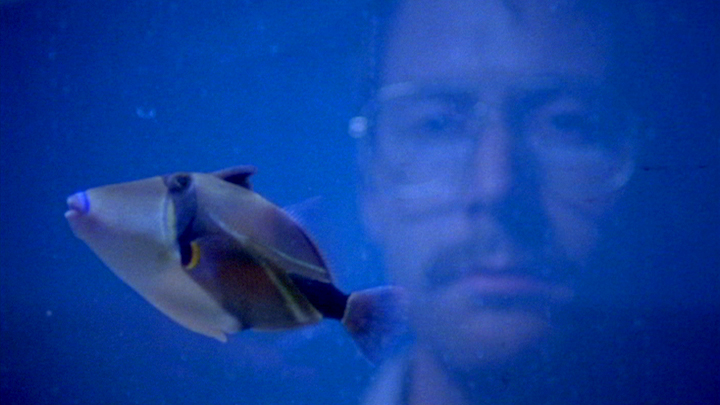
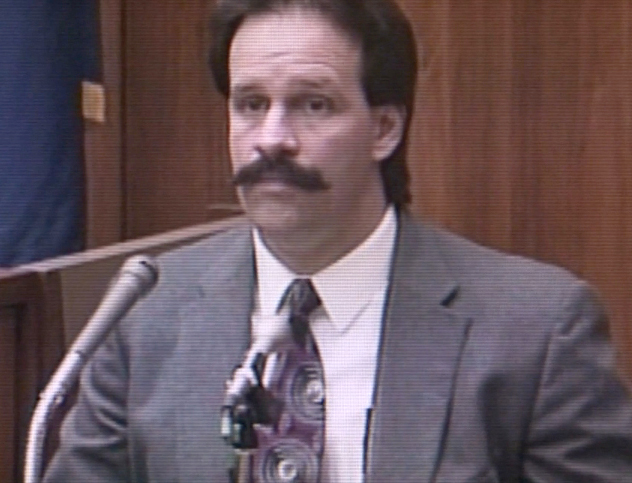

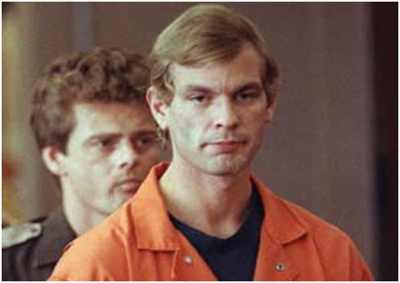





















Great work Phillip. Please keep me posted or you articles.
Uncle Bill
can you please, pleeeeease, tell me when and where i can get a copy of this or, at least view it? I would be delighted to have the opportunity to see it, even if only once. jeff is very special to me for a lot of reasons so, it would mean a lot to me to see your documentary. thank you.
sincerely, Cari (aka mrsdahmer)